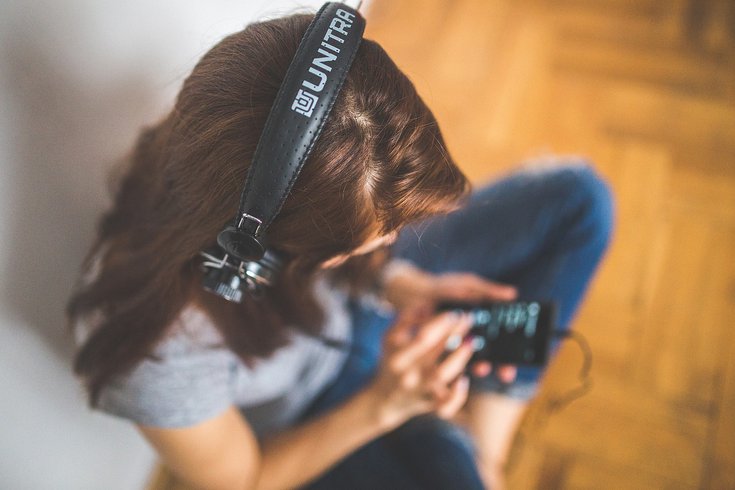
May 18, 2021
 Karolina Grabowska/Pixabay
Karolina Grabowska/Pixabay
Listening to loud music through headphones is probably the first thing that pops up in your mind when you think of dangerous levels of noise exposure. But noise levels from video games, television sets, movie theaters and even traffic can also induce early hearing loss.
Gradually losing our hearing is expected as a natural part of aging, but audiologists say that in recent years more younger adults and children are experiencing early hearing loss than ever before.
The culprit? Noisy environments.
One study from the U.S. Centers for Disease Control and Prevention found that 17% of young people between the ages of 12 and 19 have some degree of noise-induced hearing loss, and many don't realize it is permanent. Many experts say people are losing their hearing at a much younger age than they did just 30 years ago.
About 37.5 million American people aged 18 and over are deaf or hearing impaired, according to the National Institute on Deafness and Other Communication Disorders. Another 26 million are exposed to hazardous noise levels on a regular basis.
Listening to loud music through headphones is probably the first thing that pops up in your mind when you think of dangerous levels of noise exposure. But noise levels from video games, television sets, movie theaters and even traffic can also induce early hearing loss.
Sound intensity is measured in decibels. Prolonged exposure to sound levels over 80 decibels can damage the hair cells and nerves in your ears, audiologists say. Many urban areas like Philadelphia are filled with noise pollution coming from everything from sirens and other sounds of traffic to jackhammers and leaf blowers.
With noise-induced hearing loss, a person can usually hear voices but has trouble understanding what they are saying, especially in settings where there are competing background noise. Tinnitus or ringing in the ears is a common symptom of noise-induced hearing loss.
Audiologists say the best ways to protect your hearing include:
It is important to remember that while some hearing loss from loud environments can be temporary, prolonged exposure can cause permanent damage.
Early hearing loss can also be the result of structural damage to the ear, or a severe infection, and some people are born with hearing loss.
Conductive hearing loss refers to a problem with the functioning of the outer or middle ear, which includes the ear canal and eardrum. Structural damage can interfere with how sound waves travel through the ear. This type of hearing loss is often resolved with medication or surgery.
Sensorineural hearing loss is permanent, however. It is caused by damage to the inner ear or the auditory nerve. Some people may experience both types of hearing loss, according to the Mayo Clinic.
Hearing loss can also occur when it is the brain, specifically the auditory cortex in the temporal lobe, that is not working properly.
Wax buildup in your ears can also impact your hearing. Never use a Q-tip to clean your ears because it can push the wax further into the ear canal instead of removing it. Instead clean your ears with an irrigation kit that softens the wax so it can be easily removed with a damp cloth.
Smoking and even long-term exposure to secondhand smoke also can damage the hair cells in your ears and nerve endings, leading to hearing loss.
Some people may have only partial hearing loss in one or both ears, or full loss in which they can't pick up any sounds. Hearing loss can be sudden or happen gradually over time. Surgery, a hearing aid or cochlear implant may be recommended as part of treatment.
If you are concerned about your hearing, schedule a hearing test with your doctor.